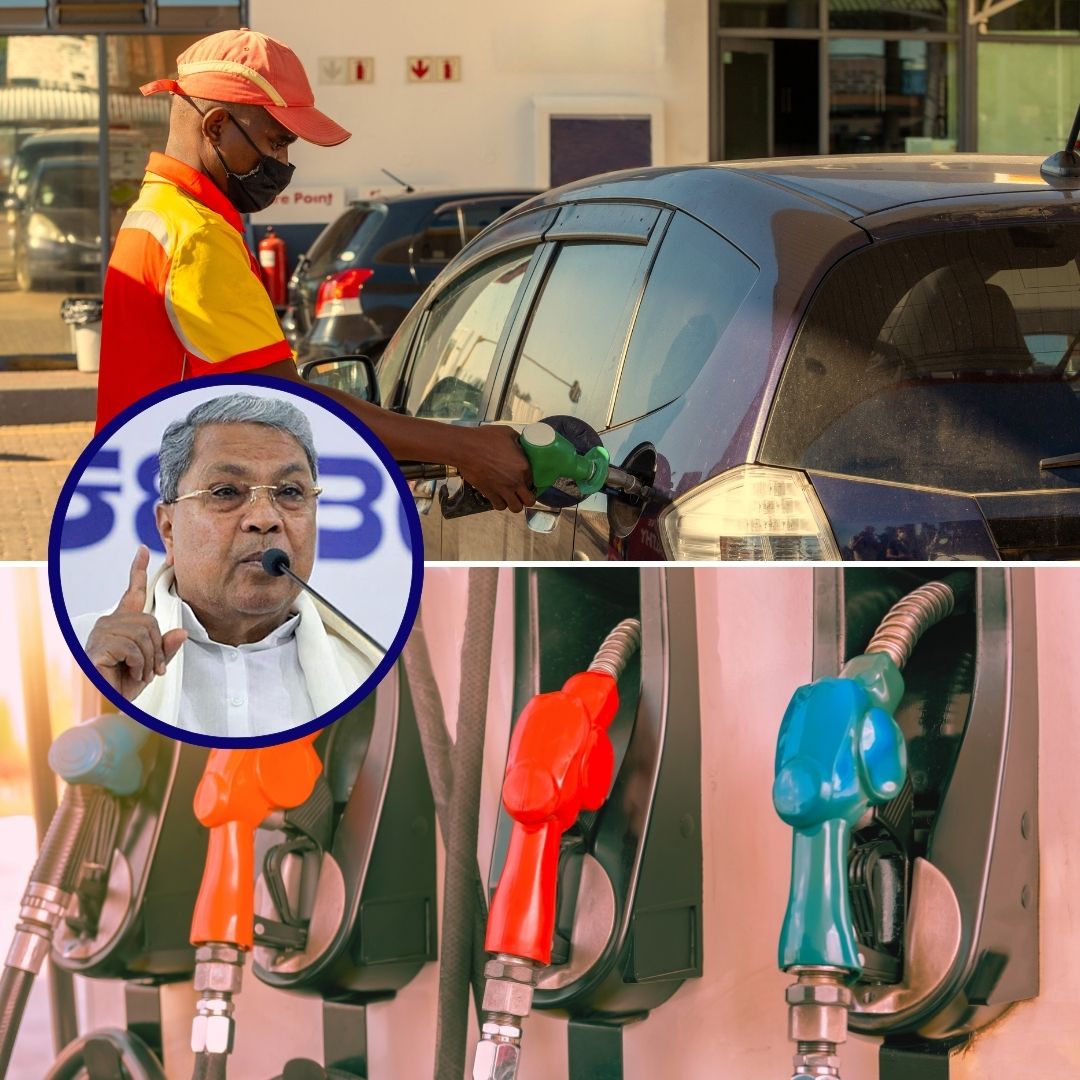The Karnataka government has raised the sales tax on diesel from 18.4% to 21.17%, effective April 1, 2025, resulting in a price increase of Rs 2 per litre to Rs 91.02.
This decision, aimed at generating revenue for infrastructure projects, has faced criticism from opposition leaders who argue it disproportionately burdens lower and middle-class residents already struggling with rising costs of living. The government defends the hike as necessary for public welfare initiatives.
Details of the Tax Increase
Effective April 1, 2025, the Karnataka Sales Tax (KST) on diesel has been revised from 18.4% to 21.17%, resulting in a new retail price of Rs 91.02 per litre. This increase comes as part of a broader strategy by the Karnataka government to bolster revenue amid rising expenditure on public services and infrastructure development.
Additional Chief Secretary LK Atheeq emphasised that despite this hike, Karnataka’s diesel prices remain competitive compared to neighbouring states such as Tamil Nadu, where prices stand at Rs 94.42 per litre, and Kerala, where they reach Rs 95.66 per litre. The government aims to ensure that the state’s fuel prices do not deter economic activities while still meeting fiscal needs.
Context of Rising Costs
This tax revision is not an isolated incident but rather part of a concerning trend of escalating costs for residents in Karnataka. In recent months, citizens have witnessed a series of price hikes across various sectors: bus fares have increased by 15%, Metro fares have risen significantly, and the price of milk has also seen an uptick.
These cumulative increases have led to growing discontent among the populace, particularly among lower and middle-class families who are already grappling with financial strain due to inflation and stagnant wages.
Opposition leaders, including R Ashoka from the Bharatiya Janata Party (BJP), have condemned the government’s actions as an unfair burden on economically vulnerable populations. Ashoka warned that rising diesel prices would lead to increased transportation costs for essential goods, further exacerbating the cost-of-living crisis faced by many households.
Government’s Justification
In response to the backlash, officials from the Karnataka government have defended the tax increase as a necessary measure for funding critical infrastructure projects and public welfare schemes.
They argue that the additional revenue generated from this tax hike will be directed towards improving roads, enhancing public transport systems, and supporting other essential services that benefit all citizens in the long run.
The government maintains that these investments are crucial for fostering economic growth and improving overall quality of life in Karnataka. Furthermore, officials assert that despite the increase in sales tax on diesel, Karnataka continues to offer competitive fuel prices compared to its neighbours, which they believe will help maintain economic stability in the region.
The Logical Indian’s Perspective
The Logical Indian asserts that while generating revenue for public services is essential for any government, such tax increases must be balanced with considerations for economic fairness and social equity. It is crucial for governments to explore alternative funding mechanisms that do not disproportionately affect vulnerable populations already facing financial challenges.
Citizens should not bear the brunt of fiscal policies that could be more equitably structured. As we navigate these complex issues of taxation and public funding, we must ask ourselves: How can we ensure that necessary revenue generation does not come at the expense of affordability for everyday citizens?
We invite our readers to share their thoughts and experiences regarding this issue and engage in constructive dialogue about potential solutions that promote both economic sustainability and social justice.










